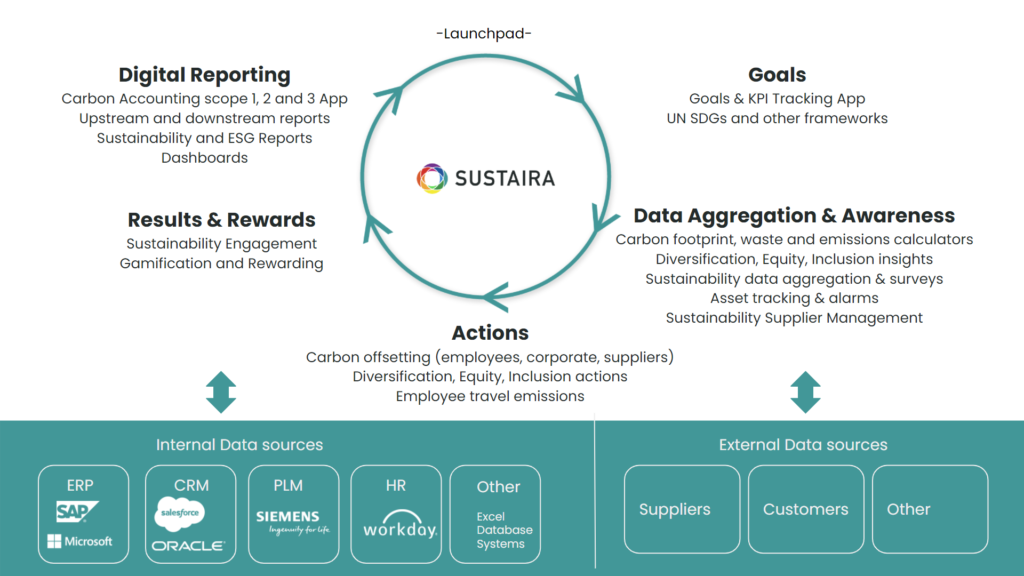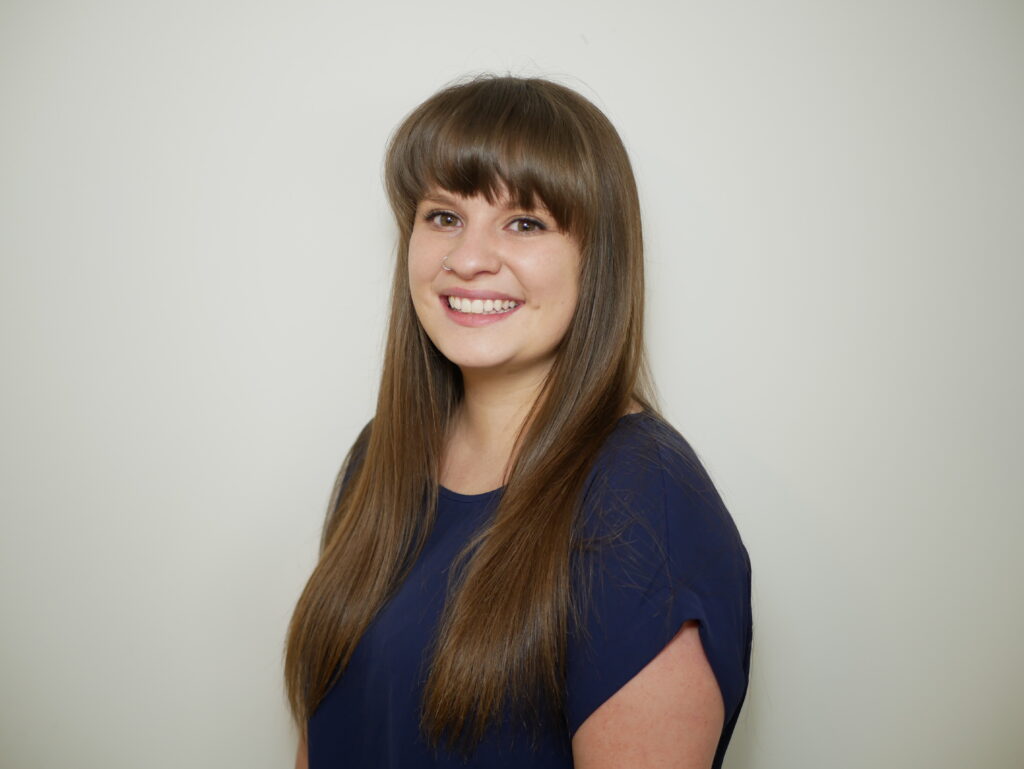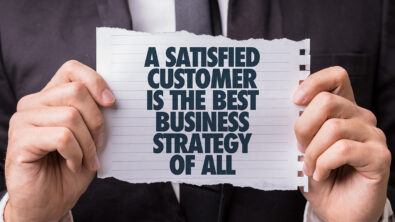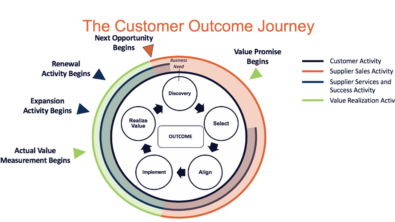Low-code building block approach to sustainability and ESG

Today in Sustainability and ESG, we are navigating an ever-changing and uncertain landscape. For organizations trying to meet new regulations or policies both internally and externally or simply trying to protect the planet and be more diverse, the common question remains: How do I manage all our current needs without having to change all my systems or processes every time a policy changes, or each time our goals change?
Organizations need an agile, scalable, and holistic approach address today’s needs while also preparing for the future. To do this, Sustaira uses a low-code building block approach for the Sustainability and ESG Application Platform.
Buying the house with good bones

A common metaphor Sustaira uses to explain our building block approach is similar to when you may be house hunting or searching for a new apartment. Traditionally, when you are walking through a potential home, it’s often staged with furniture and decor. Staging houses is proven to help people imagine themselves in a space. It can be challenging to look at an empty room with infinite possibilities and see your future living room, office or nursery. Staging a home creates that vision and helps make those endless possibilities a reality.
For those who have purchased a home or rented an apartment after walking through the staged version, how many bought it, the decor, layout, furniture and all? I bet very few, if any. Typically, you don’t buy the house for the staging. You buy the house because it “has good bones.” When you purchase or sign the lease, you can begin to decorate or change the space to fit your needs, even if those needs change over time. You may want a home gym or a room for that exercise bike you bought at the peak of the pandemic. In three years, that home gym may need to become a nursery for your growing family. As your plans or goals change, the house can change with you.
The foundation: The underlying technology

Ultimately, Sustaira is a technology company, and that is our foundation. Sustaira uses low-code technology to essentially “build a house with good bones,” but instead of building a whole house, we’ve built a platform of applications using that same methodology. Users can “walk through” the platform today and see the pre-built features and functionality, and then when they “buy the house,” they have a flexible platform and expert team to truly make it their own.
Sustaira is currently partnered with and leverages Siemens’ low-code platform, Mendix, as one of our core technologies. Low code, as defined by Mendix, provides a visual approach to rapid application development, making software development more accessible. With low code, developers can select the functional components they need for their app from an on-screen library and drag and drop them into a visual workflow. These easy-to-use building blocks replace time-consuming hand-coding, enabling IT users to quickly and efficiently assemble workflows and business apps. Essentially, the platform’s back end looks similar to a flow chart.

This building block low-code approach allows for significantly faster implementations and adoptions of technology. Rather than the year it may take to build out a similar application in Java or .Net, we can build that same app in weeks. The rule of thumb is that this approach is about 7-10 times faster than traditional coding languages.
While Mendix is just one of the core technologies Sustaira leverages, a low-code approach is a true differentiator, generally speaking, especially when looking at Sustainability and ESG.
Low-Code when applied to Sustainability and ESG
At Sustaira, the low-code approach applies perfectly to the building block approach we embody around Sustainability and ESG. In today’s world, organizations are feeling the growing pressure to act. This pressure is building from both external sources, such as policies and regulations and internal sources, such as employees, customers and even subcontractors or suppliers.
When looking at external pressures around Sustainability and ESG, a few policies and regulations that come to mind include the following:
- The EU Taxonomy
- The International Sustainability Standards Boards (ISSB) requirements
- The EU adopting the Corporate Sustainable Reporting Directive (CSRD)
- The SEC regulations in the US
- Canada’s National Emissions Reduction Plan partnered with their cap-and-trade system
- The United States Federal government now requires suppliers to report using CDP, TCFD and Science Based Targets Initiative
As countries and legislation across the board become more and more concerned with Sustainability and ESG, we see an uptake in climate or sustainability-related policy. With these new policies in place, organizations now must adapt to be compliant. Compliance can be anything from reporting scope 1 and 2 emissions data to diving into categories of scope three and the social and governance side of ESG. Failure to do so often results in fines or other penalties.

After speaking with hundreds of organizations, we repeatedly hear that they are getting pressure from the next generation to make actionable changes regarding sustainability and ESG. Management is finding itself interviewing potential employees and being asked about their company’s climate action plans or what they are doing to ensure diversity, equity and inclusion within the organization.
The younger generations make buying and employment decisions based on sustainability and ESG topics. It’s no longer a preference but becoming an issue affecting the bottom line. This expands even further to subcontractors or suppliers. These folks want to ensure that they are responsible and partner responsibly with organizations meeting similar goals. They demand transparency around the things we see from the younger generations and from the EU Taxonomy to SEC regulations.
Couple these regulatory and policy requirements with the growing internal pressures, and there really is no choice but to start ESG and Sustainability planning and reporting. The pressure to act is there, but it’s not to say that action in this area isn’t met without challenges.
A flexible solution: The forever home that grows with you
Regardless of where they may be in their Sustainability and ESG, organizations tend to share the same core challenges. They have all these pressures and requests for data but are up against barriers such as:
- Sustainability/ESG data is siloed inside and outside the organization
- No easy and efficient way to aggregate and manage the data onlineToo many manual processes and excel spreadsheets: error-prone
- Lack of a centralized data hub and a single source of truth
- Inefficient reporting internally and externally
- Difficult to demonstrate the impact
- Once a year reporting versus real-time and ongoing insights
- Lack of transparency in the supply chain and product lifecycle
- Inability to turn insights into measurable actions
- No real way to track progress and results based on set goals
- Unable to engage employees around sustainability
- Hard to keep up with constantly changing requirements
The solution to all these challenges means needing a flexible, open, customizable solution that can connect with a wide variety of data sources and be rapidly tailored or changed to fit each organization and any changing goals or policies. Essentially, you’re looking for your forever home. This home truly has good bones, and you can see that the potential is seemingly endless for your family and goals.
Being the “forever home” is where the Sustaira ESG and Sustainability Application Platform truly shines. This platform combines the speed of an off-the-shelf solution with the flexibility and made-to-fit feel of a completely custom application because of a smart, low-code, building block approach.
The best way to describe what Sustaira offers is through the Sustaira Sustainability Circle.

This graphic shows how Sustaira’s 360-degree Sustainability and ESG App Platform brings everything together. Sustainability goes beyond reporting and includes other domains such as goal setting, data aggregation and raising awareness, taking action, seeing results and rewards, and then digital reporting.
Using this low-code approach we’ve highlighted thus far, Sustaira has pre-built application templates or building blocks within and between all domains of goals, actions, etc. If you look at any of the categories on this circle, you will see a solution that pertains to that domain. All Sustaira applications or solutions are meant to be a starting point that you then expand on, customize, and add to at any time. This allows you to implement a solution sooner, with the flexibility of customization to ensure that whatever you adopt completely fits your needs now and can grow and change with you as those needs or requirements change.
Think of Sustaira applications as the staged property. Tour the out-of-the-box features and functionality, understanding that you can add or shift functionality, build integrations, and make the application your own so it can fit the needs of today and grow with the needs that may come tomorrow. These applications are building blocks to get you started. You may start with the Goals and KPI Tracker app now and, in a year, move on to Carbon Accounting or Diversity Equity and Inclusion. You can add on as much or as little as you want with endless options and even the ability to have a totally custom application.
Sustainability starts with Sustaira. Will you join the journey? Learn more and explore our menu of applications here.
About the author

Maggie Burnham is the Business Development, Marketing and Communications Manager at Sustaira. Focused on content creation, campaign execution, and many other roles that come with being part of a fast-growing start-up. She’s a high-energy communicator based in Denver with six years of experience in her field.


